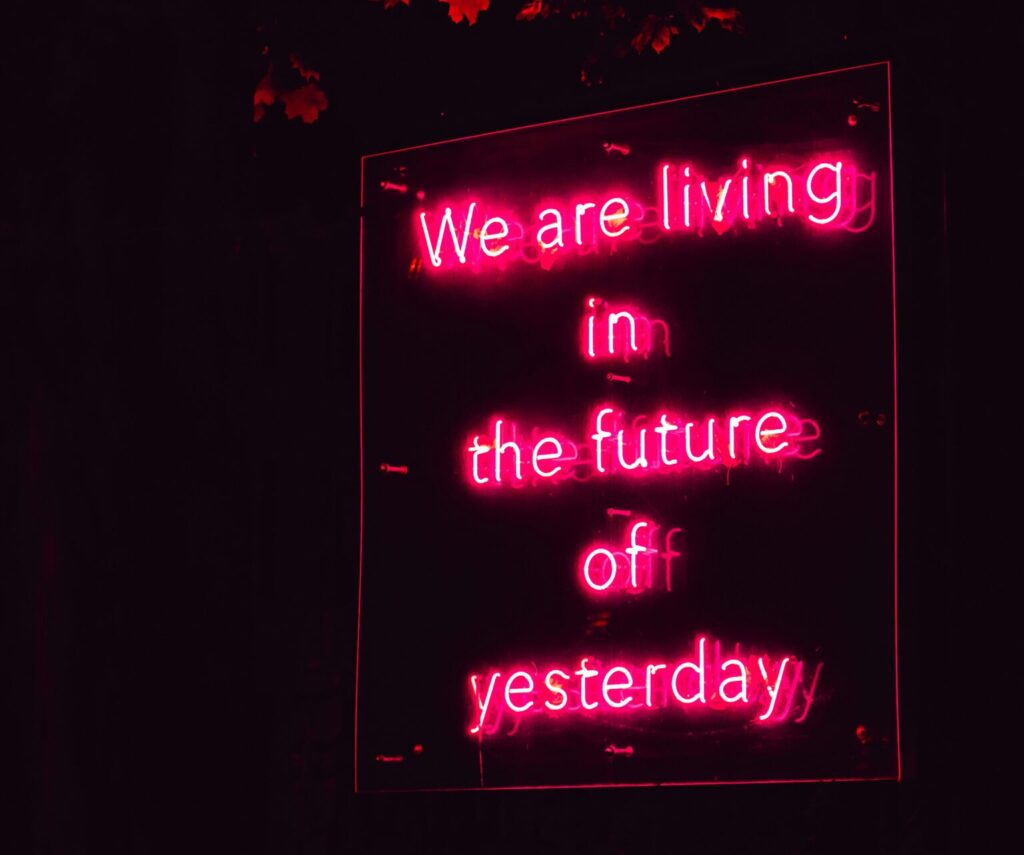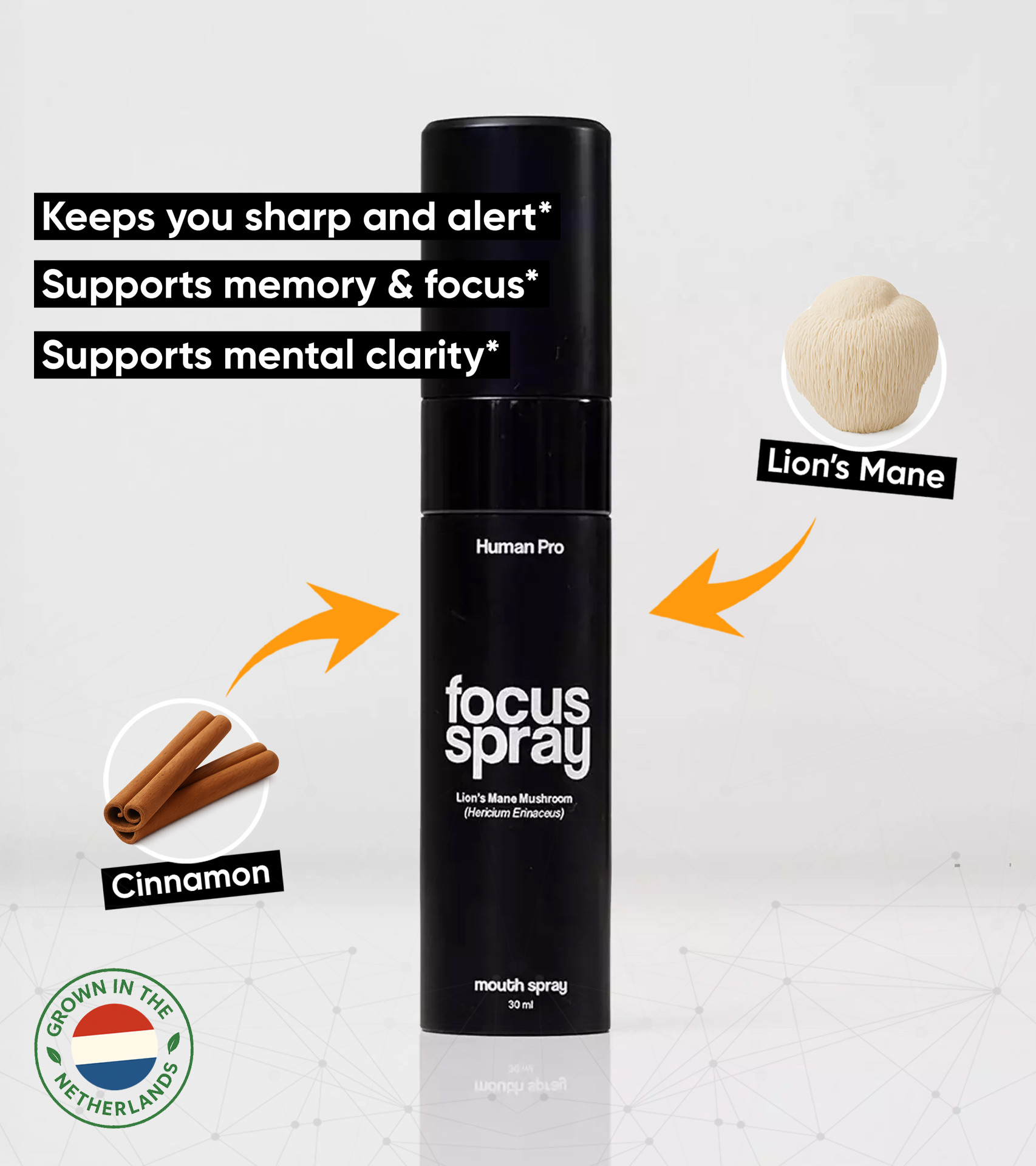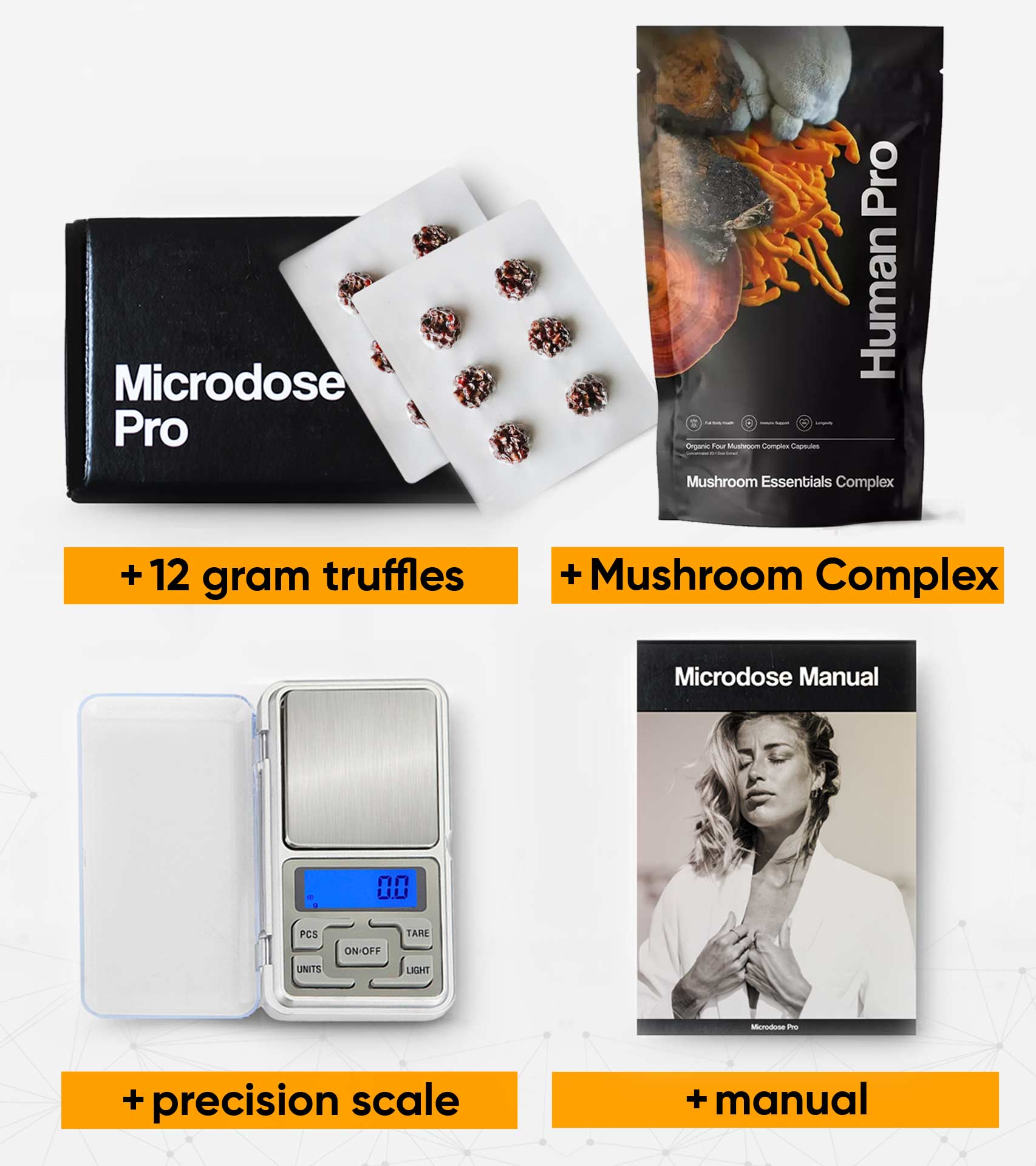Can you believe that 2025 is just a few days away?
Living in the 21st century has shown that many are grappling with what’s been termed the “meaning crisis” – a pervasive sense of disconnection and lack of purpose. Simultaneously, we’re witnessing a surge of interest in microdosing psychedelics as a potential remedy.
So let’s talk about the intersection of these two and the potential implications for our collective search for meaning.
Understanding Microdosing
Microdosing is defined as taking sub-perceptual amounts of psychedelic substances, typically one-tenth of a recreational dose.
As a study in the Journal of Psychopharmacology notes, a technical definition of a microdose would be a dose of a drug that is only 1% of the active dose.”
Motivations for Microdosing
Recent research such as this Sage Journal published in 2022 has identified two primary motivations for microdosing:
- Self-Medication: Many turn to microdosing to address issues like depression, anxiety, and social anxiety. Users often report alleviation of these symptoms.
- Personal Growth: Others seek to enhance creativity, productivity, and overall well-being. These individuals are looking to optimise their cognitive and emotional functioning.
The Meaning Crisis
Jamie Wheal, co-author of “Stealing Fire” and founder of the Flow Genome Project, has extensively explored the concept of the meaning crisis. He describes it as a widespread loss of connection to traditional sources of meaning – religion, community, and shared cultural narratives.
Wheal argues that our modern world, despite its technological advancements, has left many feeling adrift. We’re more connected than ever digitally, yet increasingly isolated in our physical lives. The rapid pace of change has outstripped our ability to create new, meaningful narratives to replace the old ones.
Microdosing as a Potential Solution
Interestingly, many of the reported benefits of microdosing align with potential solutions to the meaning crisis:
- Increased Connectedness: Users often report feeling more connected to themselves, others, and the world around them. This addresses the isolation at the heart of the meaning crisis.
- Enhanced Psychological Flexibility: Microdosers report being better able to take problems in stride and reduce overthinking. This aligns with Acceptance and Commitment Therapy (ACT) principles, which focus on psychological flexibility and value-based living.
- Greater Awareness of Choices and Values: This increased awareness can help individuals navigate life with more intentionality and purpose.
- Improved Creativity and Problem-Solving: These enhancements could help individuals craft new narratives and find innovative solutions to personal and societal challenges.
Wheal’s Perspective
Wheal’s work suggests that to address the meaning crisis, we need new tools and practices that can help us access states of consciousness conducive to meaning-making. While he doesn’t explicitly endorse microdosing, his research into flow states and altered consciousness aligns with many of the reported benefits of microdosing.
Wheal emphasises the importance of “ecstasis” – profound altered states that can lead to personal transformation and a sense of connection to something larger than oneself. While microdosing doesn’t induce full ecstatic states, it may provide a gentler, more accessible way to shift consciousness and perception in beneficial ways.
The Road Ahead
While the potential of microdosing is exciting, it’s crucial to approach it with caution and critical thinking. More rigorous scientific research is needed to fully understand its effects and potential risks. Additionally, the legal status of many psychedelic substances remains a significant barrier to widespread adoption and study.
As we continue to navigate the meaning crisis, microdosing represents one of many potential tools for enhancing well-being and fostering a sense of connection and purpose. However, it’s not a panacea. Addressing the meaning of crisis will likely require a multifaceted approach, combining individual practices like microdosing with broader societal changes.
In the meantime, the growing interest in microdosing reflects a collective yearning for more meaning, connection, and purpose in our lives. Whether through microdosing or other means, the search for solutions to the meaning crisis represents a crucial challenge – and opportunity – for our time.
If you are ready to start microdosing, order your Starter Pack here and be sure to read our Comprehensive Beginner’s Guide to learn everything you need to know to get started.
How are you coping these days, tell me all about it in the comments or via our socials:
- Facebook group (8.000+ members)
- Discord channel (2.000+ members)
- Follow us on Instagram @microdosepro.amsterdam and @humanpro.amsterdam
- Follow me on Instagram @asha_md_coach
As always,
Shine bright. Do good. Flow strong.
Asha ✨







0 thought on “The Microdosing Revolution and the Meaning Crisis”